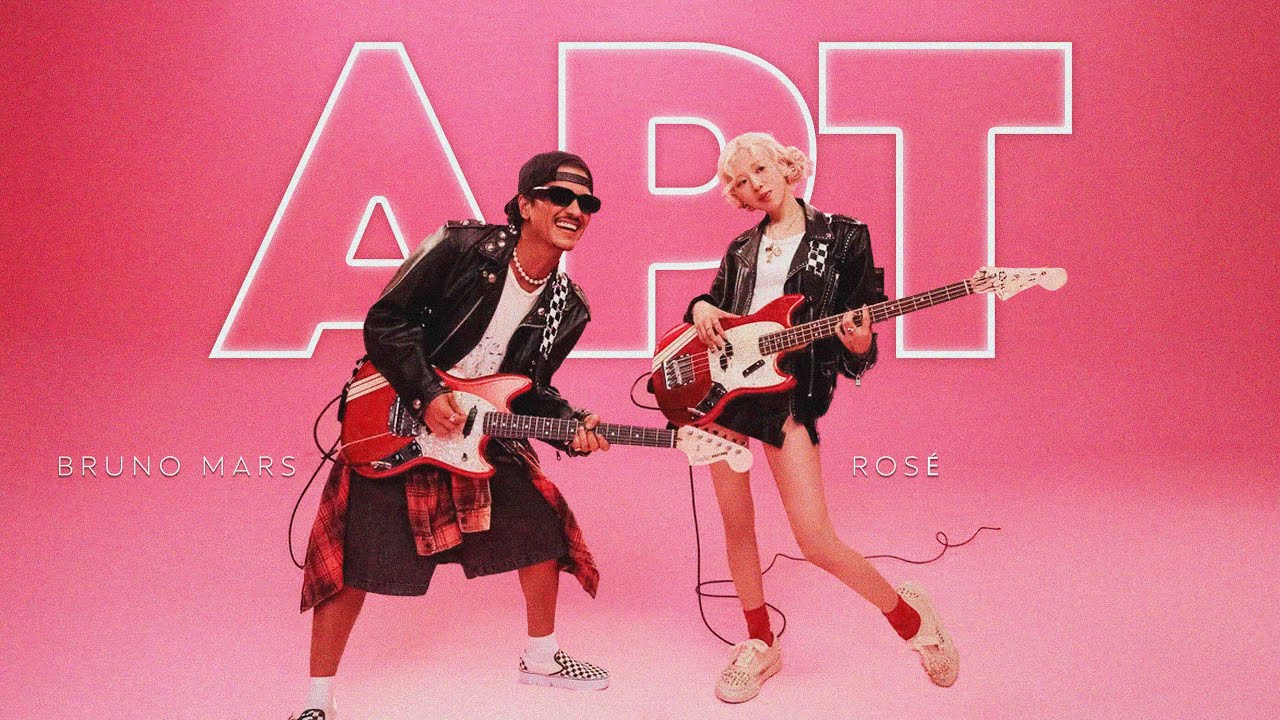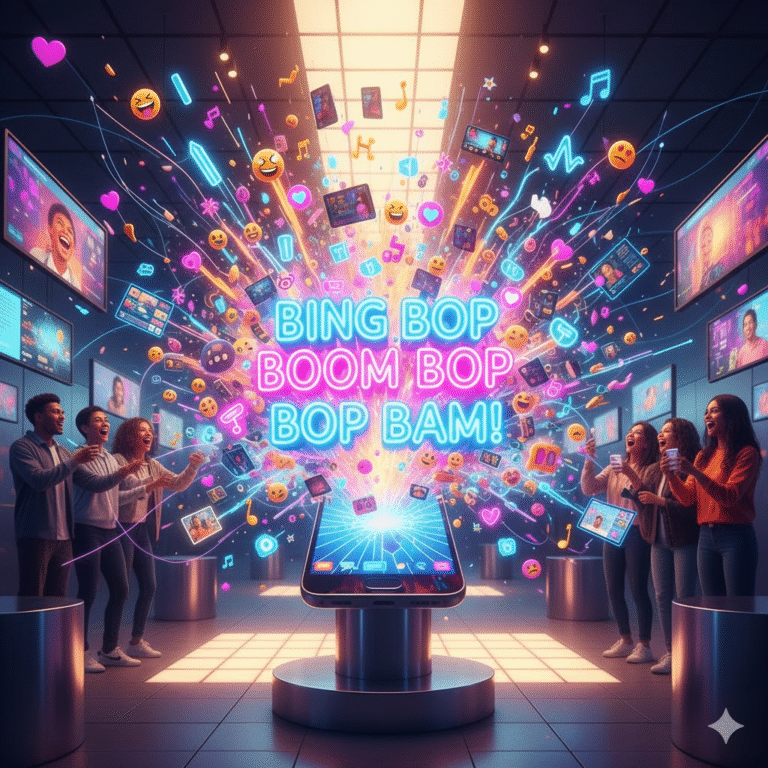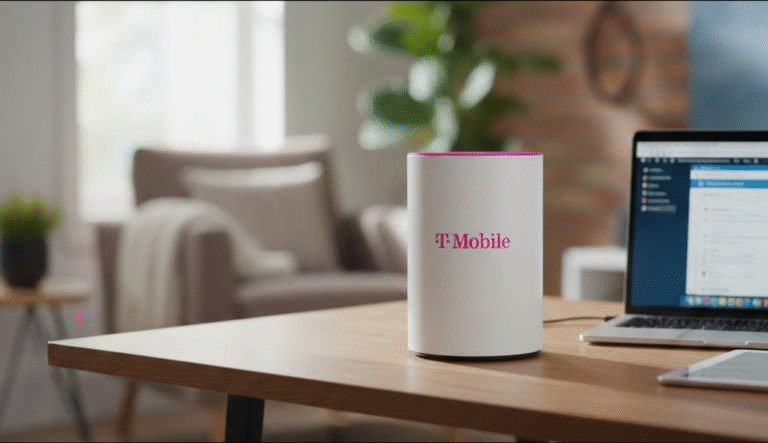
Apt Lyrics
Introduction
In the vibrant world of music, collaborations often produce tracks that resonate across borders and cultures. One such track is “APT.” by Rosé and Bruno Mars, released on October 18, 2024, as the lead single from Rosé’s debut solo album Rosie. The term “apt lyrics” perfectly encapsulates the song’s lyrical content, which is both fitting and central to its global appeal. Inspired by a Korean drinking game called “Apartment,” the song blends playful flirtation with cultural elements, creating a unique sound that has captivated listeners worldwide. This article explores the meaning behind “apt lyrics,” their cultural significance, and why “APT.” has become a global sensation.
Background of the Song
Rosé, a member of the globally renowned K-pop group BLACKPINK, has long been celebrated for her powerful vocals and magnetic stage presence. With the announcement of her debut solo album Rosie, set for release on December 6, 2024, fans were eager to see her artistic direction as a solo artist. The collaboration with Bruno Mars, a Grammy-winning artist known for hits like “Uptown Funk,” was an unexpected but thrilling development. Their joint effort, “APT.,” serves as the lead single for Rosie, setting a high bar for Rosé’s solo career.
The song’s title, “APT.,” comes from the Korean word “아파트” (apateu), meaning “apartment.” It also refers to a popular Korean drinking game called “Apartment,” where players stack hands, chant “apateu,” and call out numbers, with the last person to place their hand taking a shot. Rosé shared in an interview with Vogue that the song was inspired by this game, which she enjoys playing with friends. The lyrics use the game as a metaphor for attraction, blending fun and flirtation in a way that resonates universally.
Meaning of “APT.”
The title “APT.” carries a dual meaning that adds depth to the song’s narrative. On one level, it refers to a physical apartment—a space where people gather to socialize and have fun. On another level, it alludes to the Korean drinking game, which embodies camaraderie and playful competition. This duality is reflected in the lyrics, where the apartment becomes a setting for flirtation and connection, making the song both relatable and culturally rich.
The song incorporates Korean phrases like “건배, 건배” (geonbae, geonbae), meaning “cheers, cheers,” which adds authenticity and cultural flavor. This fusion of Korean and English lyrics, combined with Bruno Mars’ pop sensibilities, creates a track that bridges cultural divides. By introducing Korean traditions to a global audience, “APT.” showcases the power of music to foster cross-cultural understanding, making it a standout in today’s music landscape.
Lyric Analysis
The lyrics of “APT.” are a masterclass in crafting a catchy, memorable song. The chorus, with its repetitive “Apateu, apateu” chant, is designed to stick in listeners’ heads. According to an analysis on Medium, the word “apateu” is sung 12 times per chorus, totaling 48 times throughout the song. This “radical repetition” contributes to the song’s addictive quality, making it easy for listeners to sing along.
In the verses, Rosé sets a playful tone with lines like, “Kissy face, kissy face / Sent to your phone, but / I’m tryna kiss your lips for real (Uh-huh, uh-huh)” (Genius). These lyrics convey flirtation and a desire for genuine connection. Bruno Mars complements this with his verse, singing, “Turn this apateu into a club / I’m talkin’ drink, dance, smoke, freak, party all night,” transforming the apartment into a space for celebration. The use of “geonbae” (cheers) adds a cultural touch, tying the lyrics to the drinking game.
The pre-choruses build anticipation, with Rosé singing, “Don’t you want me like I want you, baby? / Don’t you need me like I need you now? / Sleep tomorrow, but tonight, go crazy / All you gotta do is just meet me at the-” (Her Campus). These lines invite the listener to embrace the moment, setting the stage for the energetic chorus. The bridge, with both artists singing, “Hey, so now you know the game / Are you ready? ‘Cause I’m comin’ to get ya, get ya, get ya,” feels like an invitation to join the fun, making the song inclusive and engaging.
The song also interpolates Toni Basil’s 1982 hit “Mickey,” with writing credits to Nicky Chinn and Mike Chapman (Wikipedia). This nod to classic pop adds a layer of nostalgia, enhancing the song’s appeal. Overall, the lyrics of “APT.” combine repetition, cultural references, and playful themes to create a track that is both fun and meaningful.
Cultural Impact
| Read More About : The Phenomenon of Espress Lyrics by Sabrina Carpenter |
Since its release, “APT.” has achieved remarkable success, dominating charts and social media platforms. The music video, with its 2000s-inspired pop-punk aesthetic, has amassed millions of views on YouTube, reflecting its global popularity. The song topped South Korea’s MelOn chart and climbed Spotify’s daily chart, showcasing its widespread appeal (Gempak).
Critics have praised “APT.” for its cultural fusion and catchy melody. Music critic Jeong Min-jae highlighted the song’s repetitive chorus, noting its appeal to international listeners due to its easy pronunciation and rhythmic fun (Wikipedia). Park Seon-min, a pop culture professor, attributed its success to its relatable concept and vibrant visuals. However, some critics, like Jeong Won-seok, argue that the song lacks freshness, citing similarities to tracks like “Mickey” and the Ting Tings’ “That’s Not My Name.” Despite this, the song’s ability to turn Korean phrases into a global meme has been widely celebrated.
The inclusion of Korean cultural elements, such as the drinking game and phrases like “geonbae,” has sparked interest in Korean culture among international fans. This cultural exchange is evident in social media discussions, with fans on platforms like Reddit praising the song’s addictive quality and cultural depth. By blending Korean and Western pop, “APT.” has become a powerful example of music’s ability to bridge cultural divides.
FAQs
What does “APT.” mean?
“APT.” is a romanized abbreviation of the Korean word “아파트” (apateu), meaning “apartment.” It also refers to a popular Korean drinking game called “Apartment,” where players chant “apateu” before starting.
Is the song about a drinking game?
Yes, “APT.” is inspired by the Korean drinking game “Apartment.” The lyrics use the game as a metaphor for attraction and playful interaction, with the repetitive chant “apateu” reflecting the game’s rhythm.
What is the meaning behind the lyrics?
The lyrics of “APT.” convey themes of flirtation, fun, and living in the moment. Lines like “Kissy face, kissy face” and “Turn this apateu into a club” create a playful vibe, while Korean phrases like “geonbae” add cultural depth.
How did Rosé and Bruno Mars collaborate on this song?
Rosé pitched three songs to Bruno Mars, with “APT.” being her preferred choice. Mars was intrigued by the concept of a song inspired by a Korean drinking game, leading to their successful collaboration (Vogue).
Conclusion
“APT.” by Rosé and Bruno Mars is a testament to the power of musical collaboration and cultural fusion. Its catchy lyrics, infectious melody, and clever integration of Korean and Western elements have made it a global hit. As Rosé embarks on her solo career, “APT.” sets a high standard for her debut album Rosie. The song’s ability to introduce Korean culture to a worldwide audience highlights music’s role in fostering connection and understanding. For fans and newcomers alike, “APT.” is a must-listen track that captures the joy of living in the moment.





